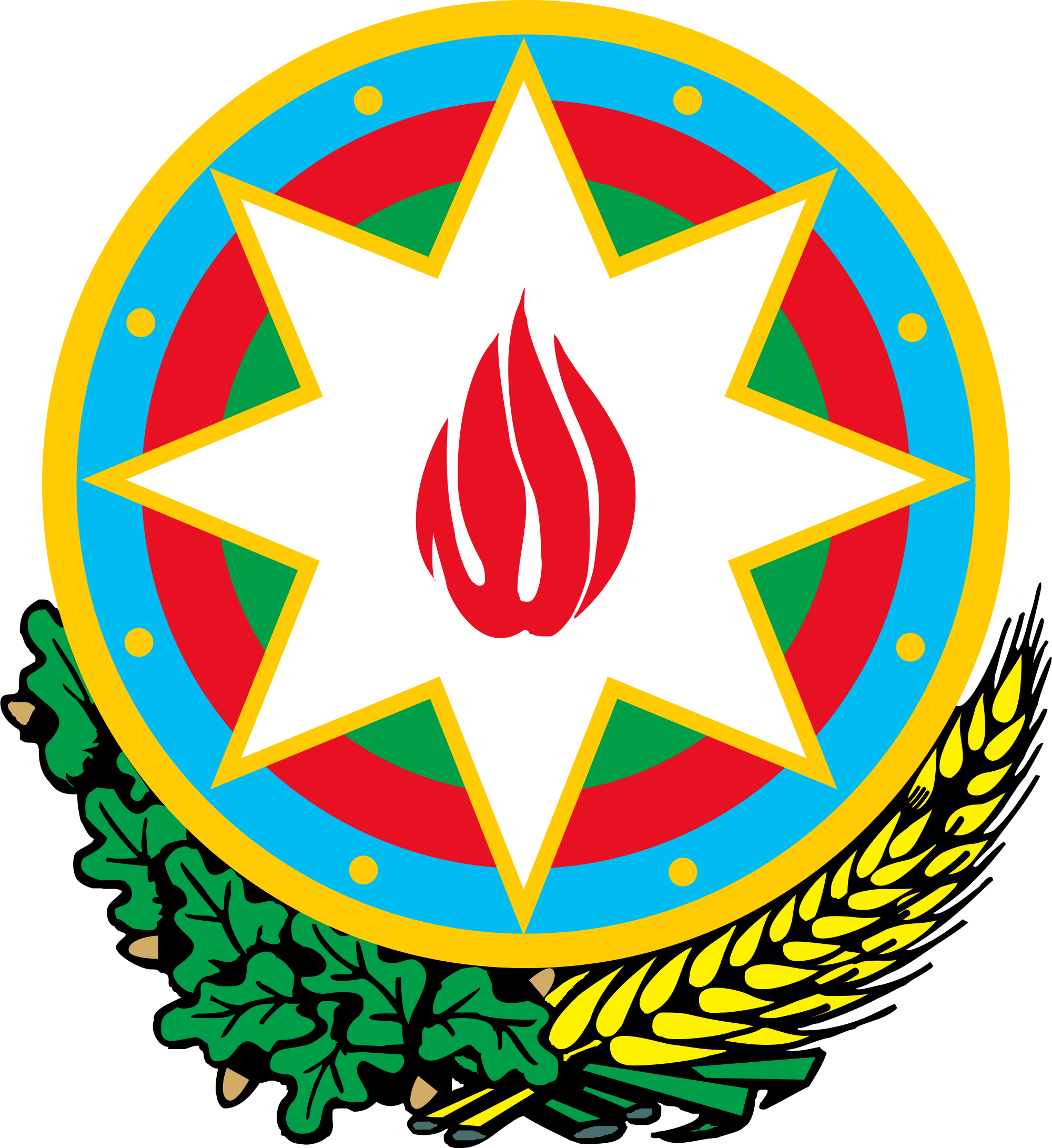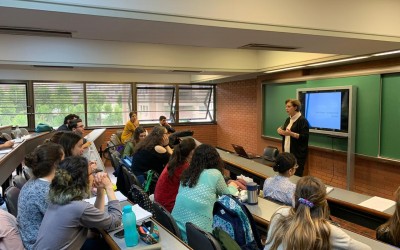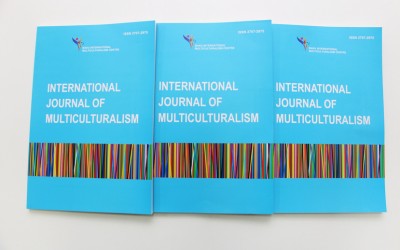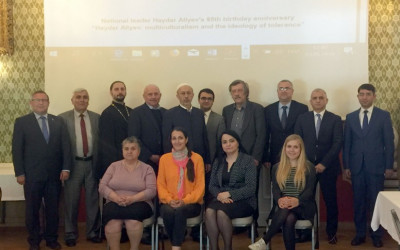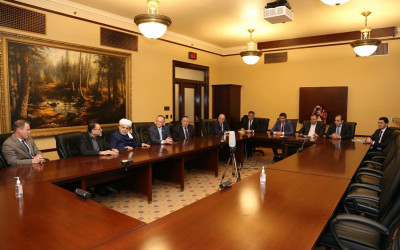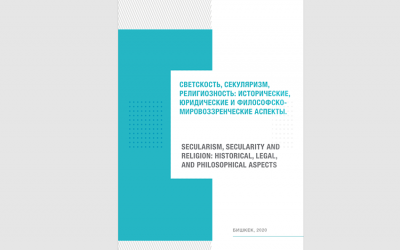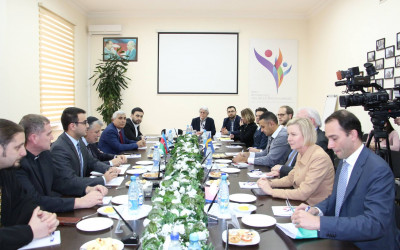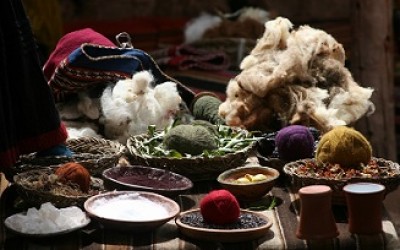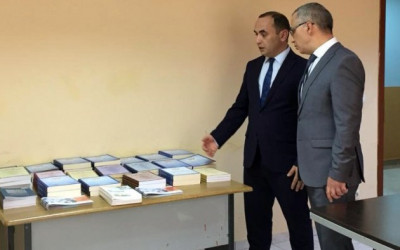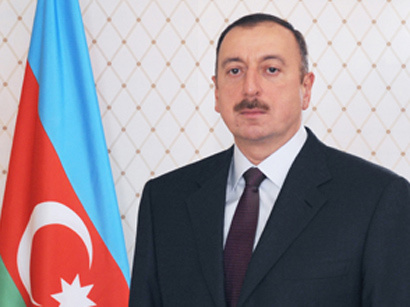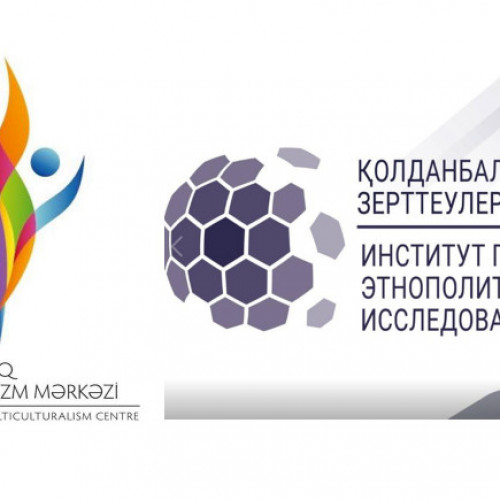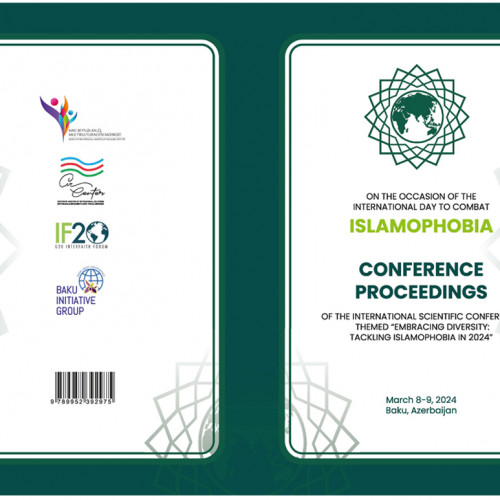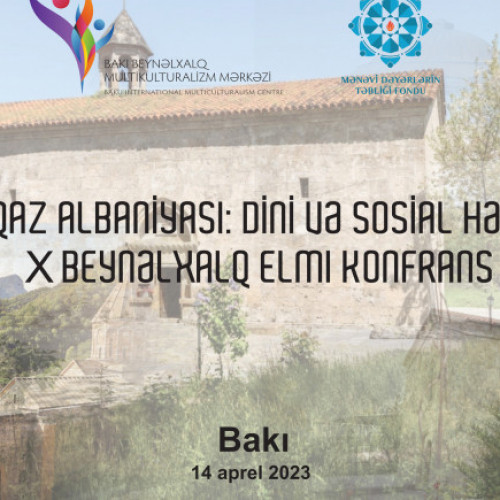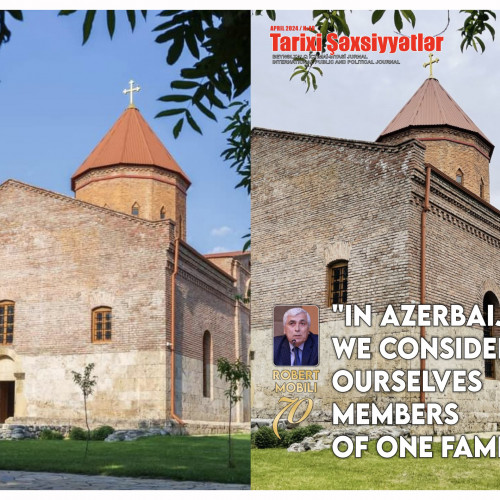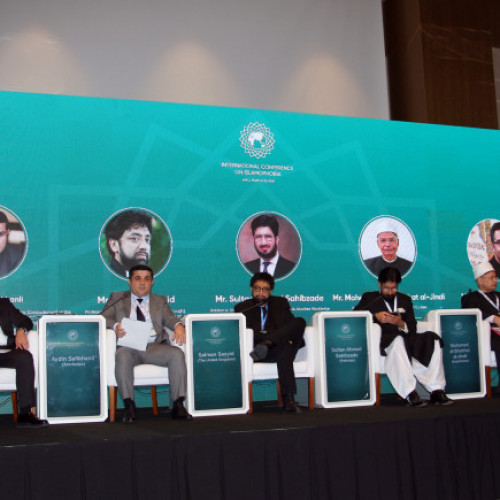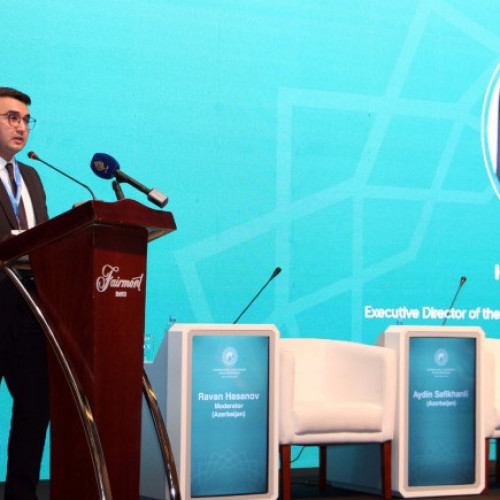Khojali Genocide – 27

That night the Armenians, who consider the Azerbaijanis their eternal enemy, shed the Azerbaijani blood on the Azerbaijani land, where they had settled. They committed inhuman brutalities against the Azerbaijanis, who gave them space in the area of Garabagh in the XIX century. They wiped a settlement called “Khojali” off the face of the earth. The citizens of Khajali were ruthlessly murdered, taken prisoners, and the city itself was set on fire. Unfortunately, the world is still turning the blind eye to it. Our nation, who has suffered probably one of the bloodiest, most cruel, gravest crimes of history, has been waiting for 27 years for an end to the world community’s silence, an objective appraisal of Khojali Genocide. It is utmost unfair to turn the blind eye to this horrible crime and brutality when 613 peaceful inhabitants including 63 children, 106 women, 70 old people were murdered, 8 families were completely abolished, 25 children lost both their parents, 130 children lost one of their parents, 487 people were wounded (76 of them were children) and 1275 people were taken prisoners (out of them the fate of 150 is unknown yet), which means supporting the Armenian fascism.
It should be noted regretfully that as a result of the incompetent policy of our country’s illiterate authorities in the period when Khojali tragedy took place, no official investigation was carried out on the scope and actors of the tragedy, let alone the fact that the Armenian fascists, who committed the genocide, were not even reproached. Only after the national leader Heydar Aliyev’s return to power, at his initiative the Milli Majlis adopted a decision “On the Day of Khojali Genocide” on 24 February 1994. That document depicted the reasons for the misfortune, its actors in details.
During that tragedy 7 national heroes of Azerbaijan fought and sacrificed themselves for the Motherland. As a result of Allahverdi Baghirov’s feat, the kind of which we saw only in “Hollywood” films, over 1000 Khojali prisoners were released, till his last breath Shohrat Hasanov helped the people to cross the river, in tears Chingiz Mustafayev video-recorded the brutalities committed by the Armenians. These are a live example of what brave sons Azerbaijan have nurtured. The present generation ought to do their best so that this tragedy is not erased from the memory of future generations even after hundreds of years.
All the efforts made to present Khojali tragedy to the world, deliver Azerbaijan’s voice of justice to the world, and get a just appraisal of the tragedy in all the international institutions owing to the national leader’s internal and foreign policy covering the entire spectrum of the country’s life are successfully continued by Mr Ilham Aliyev today. In accordance with the instruction of the Head of the country at present one of the guidelines of Azerbaijan’s foreign policy is the recognition of Khojali genocide in foreign countries and their parliaments. Khojali genocide has been recognized as a massacre by Pakistan and Sudan, at the parliamentary level by Mexico, the Czech Republic, Bosnia and Herzegovina, Djibouti, Peru, Honduras, Panama, Jordan, Romania and Scotland, also 22 states of the USA approved a document recognizing Khojali as a massacre. Other countries remember this day as “the Massacre of Khojali”.
The 39th Session of the OIC Council of Foreign Ministers held in Djibouti on 20 November 2012 adopted a resolution recognizing the crimes committed in Khojali as a genocide. In the frames of the international campaign “Justice to Khojali”, which has been launched at the initiate of the Vice-President of Heydar Aliyev Foundation Leyla ALiyeva since 8 May 2008, the state institutions, youth organizations and higher educational institutions have been organizing presentations dedicated to Khojali genocide. This campaign is of great importance in presenting to the world community the realities about Khojali tragedy globally. For this purpose, different means of communication and resources including media, internet and live events are actively used.
The horrors that took place on 26 February were not merely an effort to invade our territories. The Armenians wanted to taint also our unity, spirit, patriotism and our history. With their attacks they wanted to generate a phobia in our souls, and achieve internal separation, collapse of our nation. However, none of them took place. We have risen, we are standing firm, we managed to maintain our national identity, dignity, and we are persistent to disseminate our realities to the world. We are demanding what belong to us as a nation – the glory of justice and return of our territories. Those days will be remembered by each Azerbaijani as horrible memories, yet in order to make the soul of our sisters and brothers, who had sacrificed themselves that day, feel happy, we are obliged to make the future of our Azerbaijan brighter and happier.
Abbas Ismayilov
Senior Expert on Foreign Relations, Baku International Centre of Multiculturalism

